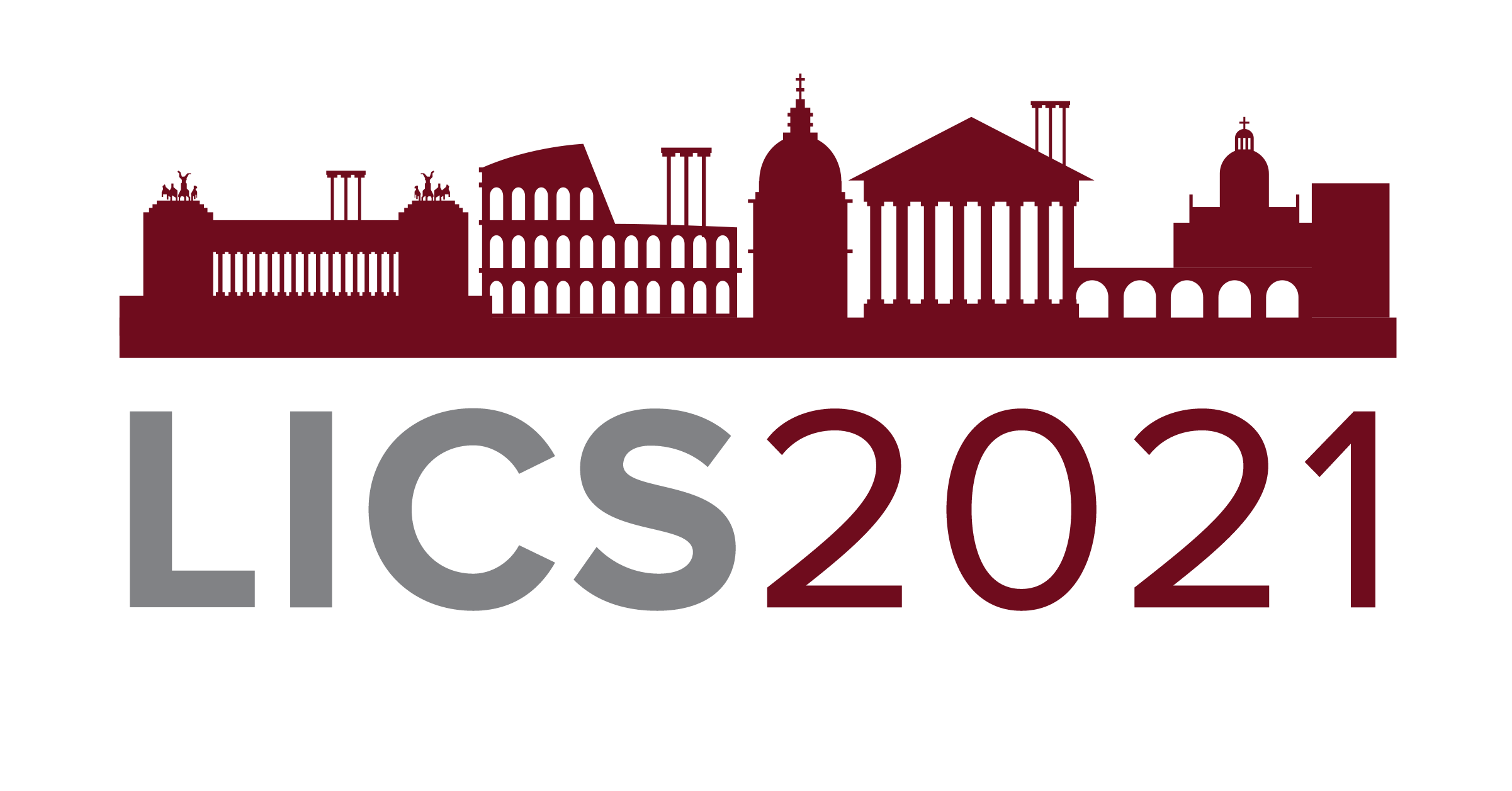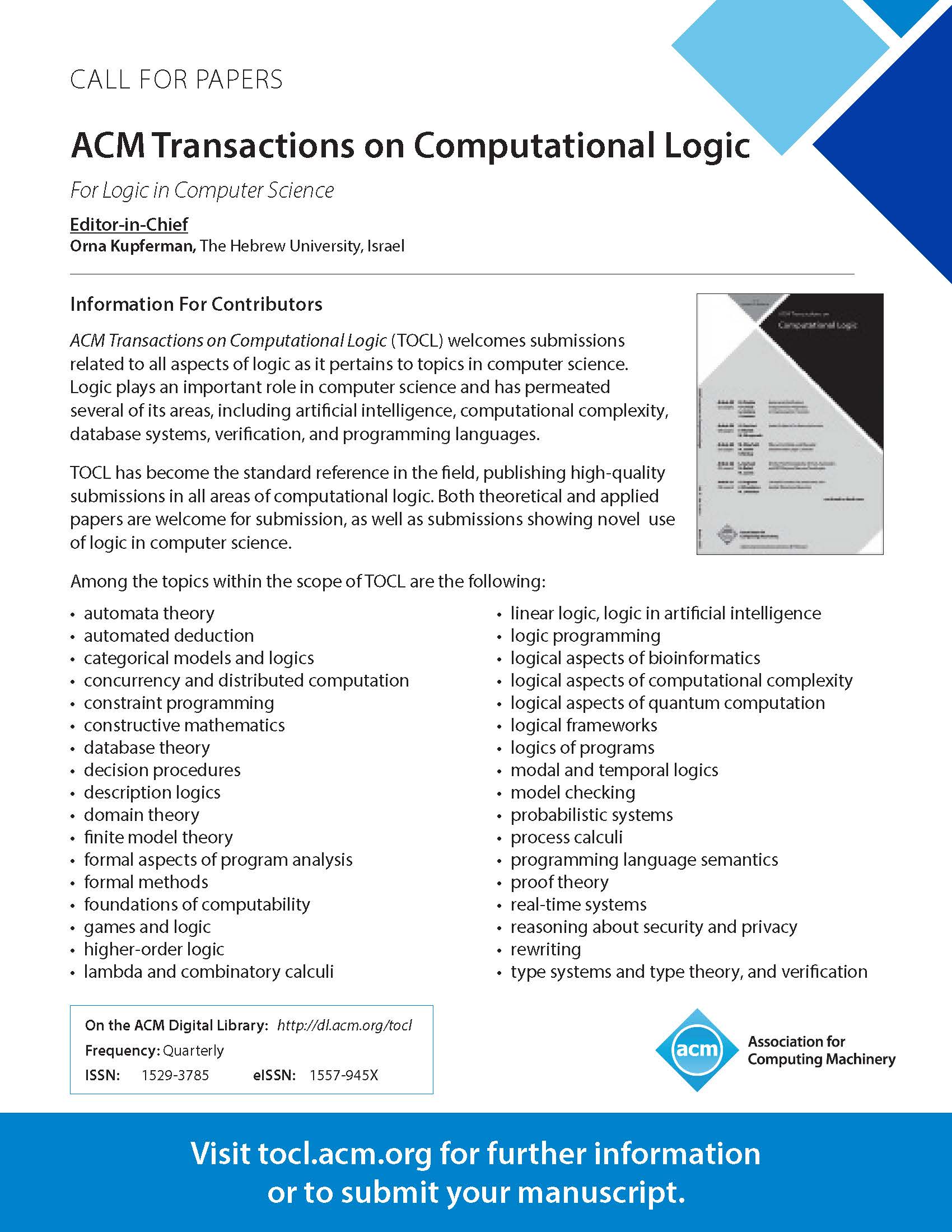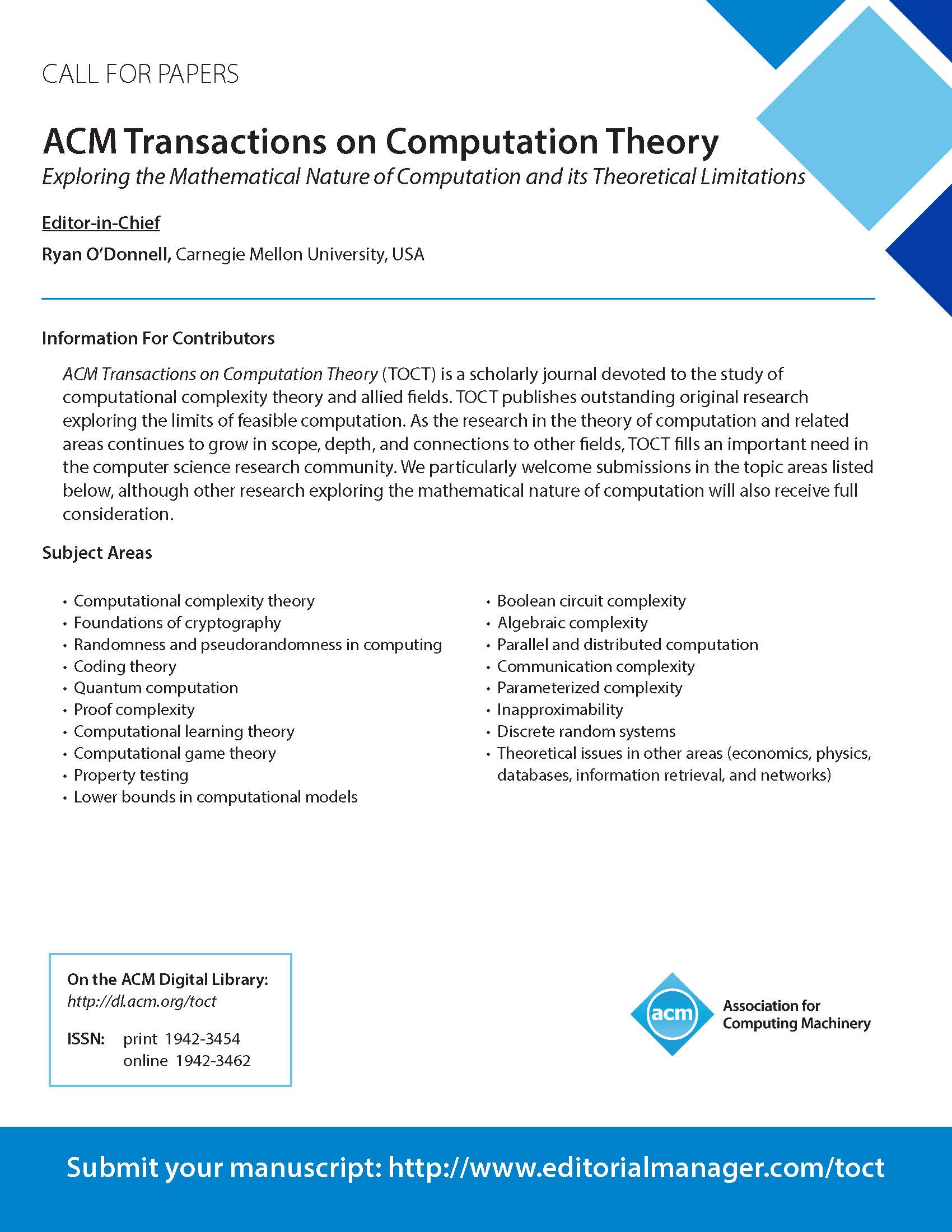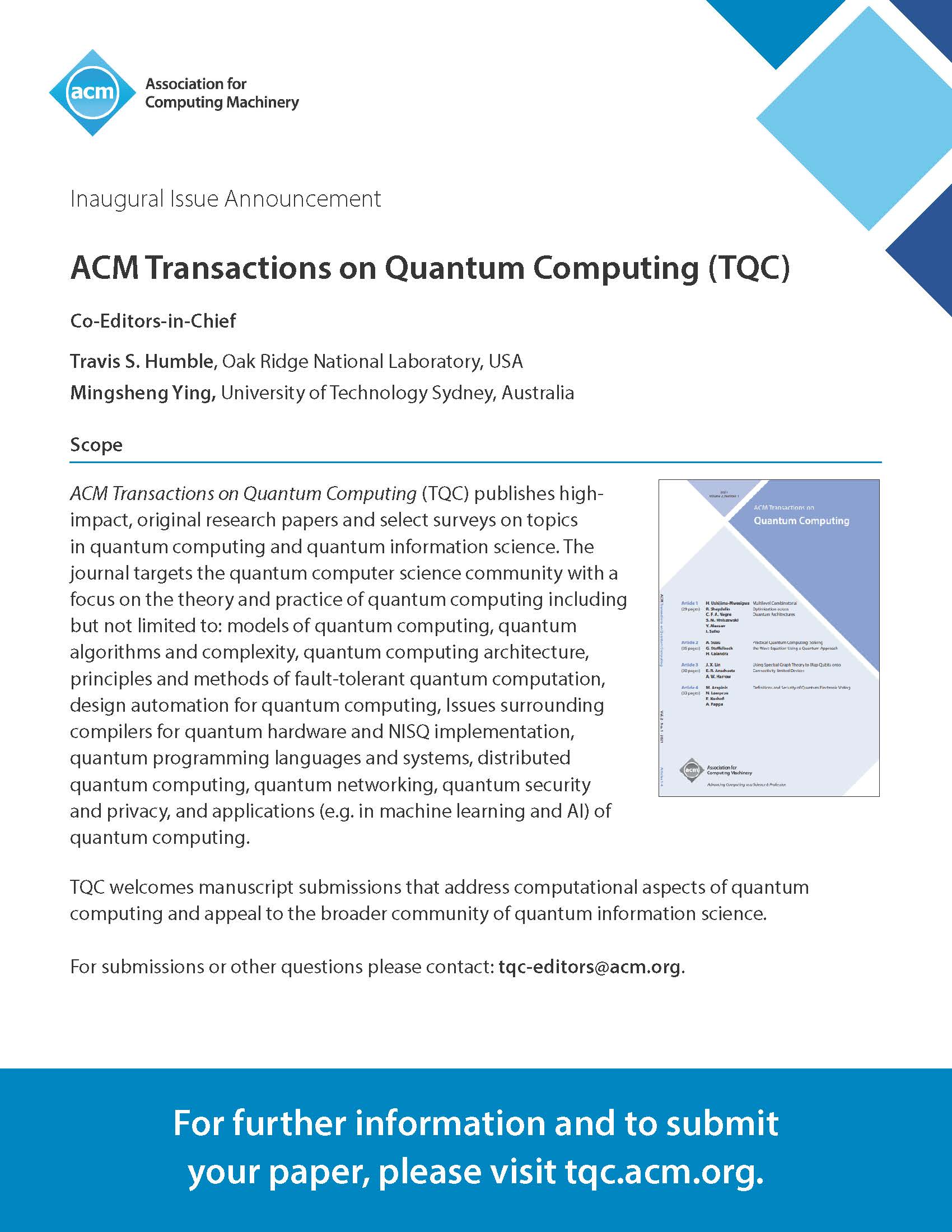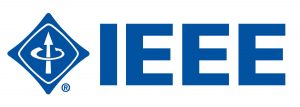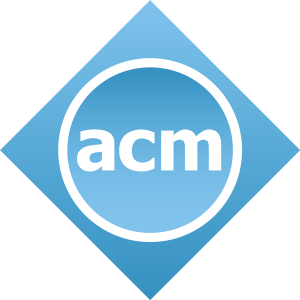Co-located with ITP 2021
LICS 2021 Online
The safety and well-being of all conference participants is our priority. After evaluating the ongoing COVID-19 situation, the decision has been made to transform the in-person component of the IEEE LICS 2021 conference into an all-digital conference experience – IEEE LICS 2021 will now be an online event. Therefore, IEEE LICS 2021 will no longer take place in Rome (Italy) and will instead take place virtually. The conference dates remain the same – June 29-July 2, 2021. Proceedings will not be cancelled, and publications will continue as planned. For questions, contact gorla@di.uniroma1.it.
IMPORTANT
A message has been sent out (Wednesday, 23 June) to all participants and presenters with Zoom room links.
Please look for an email from info@easyconferences.org in your Inbox/Spam folder.
If you have not received the message, please email us at info@easyconferences.org.
Registration is now open
LICS Distinguished Papers & Kleene Award for Best Student Paper
Keynote speaker’s video presentations are now posted
About
The LICS Symposium is an annual international forum on theoretical and practical topics in computer science that relate to logic, broadly construed. The 36th iteration, LICS 2021, will be hosted in Rome, Italy, 29 June – 02 July 2021. LICS 2021 will be co-located with ITP 2021.
Important Dates
Tentative
Main Conference: 29 June – 02 July, 2021
Workshops: 27 June and 28 June, 2021
Titles and Short Abstracts Due: 20 January, 2021
Full Papers Due: 25 January, 2021
Author Response Period: 10-14 March, 2021
Author Notification: 31 March, 2021
Contact
For organizational matters and enquiries on academic program please contact:
Daniele Gorla
For enquiries and support on registration, travel and logistics please contact:
Easy Conferences
Tel: +357 22 591 900
Hosting Institution
The local host of the conference will be the Università di Roma “La Sapienza” and the hosting department will be the Dipartimento di Informatica (https://www.uniroma1.it/en/pagina-strutturale/home and https://www.di.uniroma1.it/en, respectively).
Profile
With over 700 years of history, 112,000 students, 4000 teachers and 2000 employees, technicians and librarians, in addition to 2000 administrative staff in university hospitals, Sapienza is the first university in Europe. Our mission is to contribute to the development of a knowledge society through research, excellence, quality education and international cooperation. The world’s leading university rankings place Sapienza at the top of Italian universities for quality of research, education and international dimension; moreover, Sapienza excels and leads as a benchmark in many subject areas.
The Department of Computer Science
Founded on January 1, 1992 under the initiative of a group of professors from the Department of Mathematics “Guido Castelnuovo” with backgrounds from a variety of fields such as physics, engineering, and mathematics, the department is set on building upon the scientific and mathematical backgrounds of the founders. The department became the first center in greater Rome dedicated to the study of theoretical and applied computer science and today is a reference point for well-prepared students to jump into the evolving field of Information and Communications Technology.
The department is internationally recognized as a center of excellence in many of the most important current areas of research in Computer Science.
ACM Transactions on Computational Logic (TOCL)
The ACM Transactions on Computation Theory (TOCT)
ACM Transactions on Quantum Computing (TQC)
